Shaghayegh Hanson
If Forrest Gump were Iranian, today he might say, “Life is like a haft-seen table,” instead of a box of chocolates (you never know what you’re going to get). It’s true that we never know what life is going to throw our way, but we sure have run the gamut of possibilities in the last few years: worsening climate change disasters, refugee crises around the world, intractable political division, a war on facts and the truth, a sober reckoning with systemic and deadly racial injustice, and, just when we thought things couldn’t get any worse, a deadly global pandemic topped off with an insurrection at the beating heart of the largest democracy in the world.
Through necessity, and running on a human instinct for self-preservation, we turned inward to deal with the outward; much like a fussy newborn in need of swaddling, we hunkered down in our homes and held our loved ones close. We jumped off the hamster wheel of work because the wheel stopped, or at least slowed down enough for us to take stock of our blessings and reframe success beyond dollars and cents. We tuned in to a collective human spirit and the power of hope.
So this year, when we set our haft-seen tables, we channel more deeply the wisdom of the ancients who created our millennia-old tradition. We do not just delight in a decorative display of mirror, candles, goldfish, garlic, apple, sumac, vinegar, sprouts, eggs, sweets, nuts, coins, fragrant hyacinth, eggs decorated by little hands, a revered family book of faith or poetry, and rose water (all explained on page 5). We feel intensely the meaning of these symbols of what our lives are like, the cherished things as well as the bruised or broken things we are attempting to glue back together: good health, wisdom, self-reflection, rebirth, the beauty and power of nature, patience, enlightenment, happiness, and, above all, hope. Indeed, Iranian Forrest would be right to say life is like a haft-seen table (perhaps with a Shirazi accent?).
While this edition of Peyk is dedicated to the dawning of a new year, our wonderful writers and contributors have woven a unifying thread through history, culture, and the signs of our times. From book recommendations to satisfy your intellectual curiosity, and hard facts about the pandemic, to much needed self-care advice and soul food recipes, there is something for everyone in this edition.
Finally, with this Nowruz, I find myself in possession of the editorial torch, passed on to me by the mother of our community, Mrs. Shahri Estakhry. For decades, since the inception of Peyk, she has been a steadfast, and inspirational, keeper of the flame. I am honored that she chose me as her successor, and will endeavor to match the compassion, love, integrity, and wisdom with which she wrote in these pages. I know how much her presence will be missed, but I also know we are all excited to see where her adventures will take her next.
One of Mrs. Estakhry’s most notable achievements was in spearheading a petition, requesting official recognition of Nowruz by the United Nations (“UN”). That petition resulted in 620,000 signatures, a powerful addition to a chorus of voices from communities and countries around the world, that bore fruit in 2010, when the UN General Assembly proclaimed March 21 as International Nowruz Day. With its inclusion in the “Representative List of the Intangible Cultural Heritage of Humanity,” Nowruz is celebrated by more than 300 million people in the Balkans, the Black Sea Basin, the Caucasus, Central Asia, the Middle East, and other regions. I leave you with last year’s Nowruz message from UN Secretary-General António Guterres, which still applies today:
This year, for many, Nowruz comes at a time of sadness and anxiety […] I send my deepest condolences to those who have lost loved ones, and my best wishes to all who have been affected. I hope the festival of Nowruz will provide a welcome break to relax and spend time with close family […] and celebrate our common humanity.
Source: https://www.un.org/en/observances/international-nowruz-day


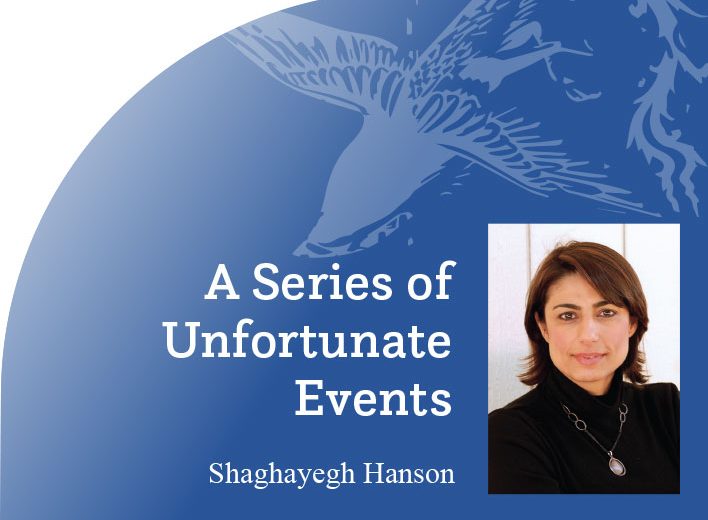
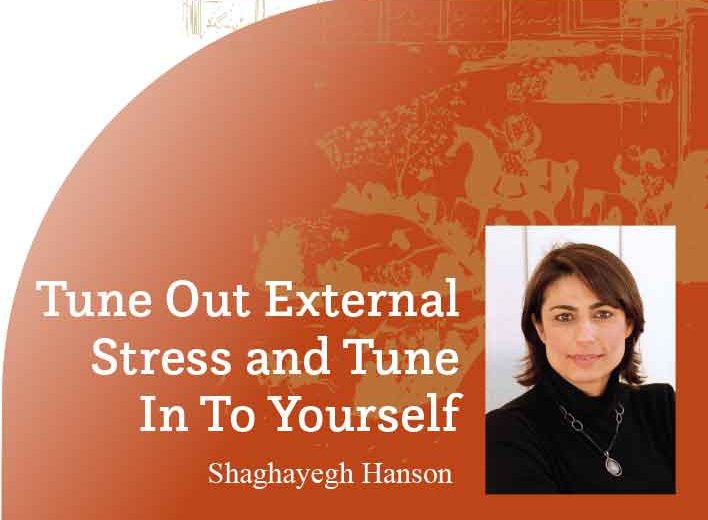
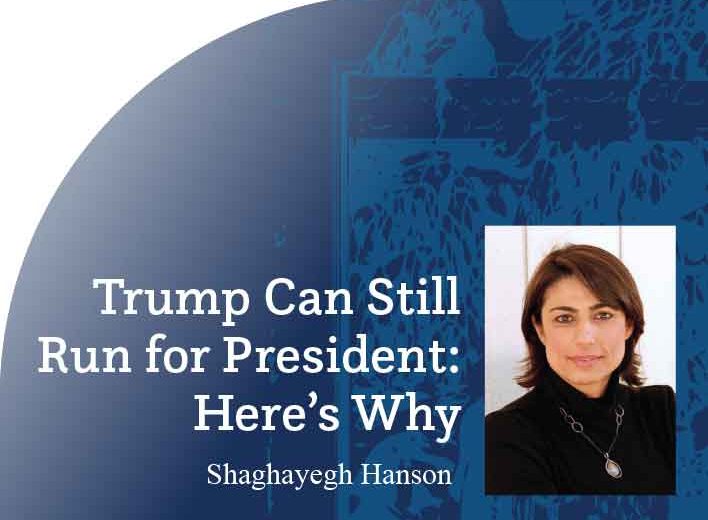
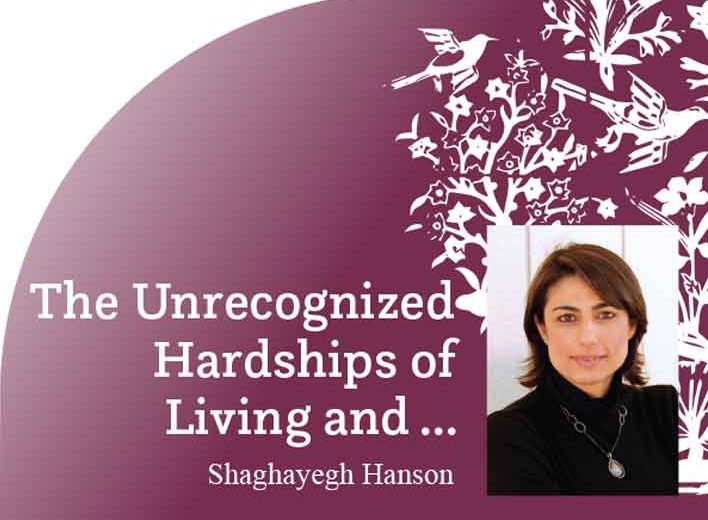
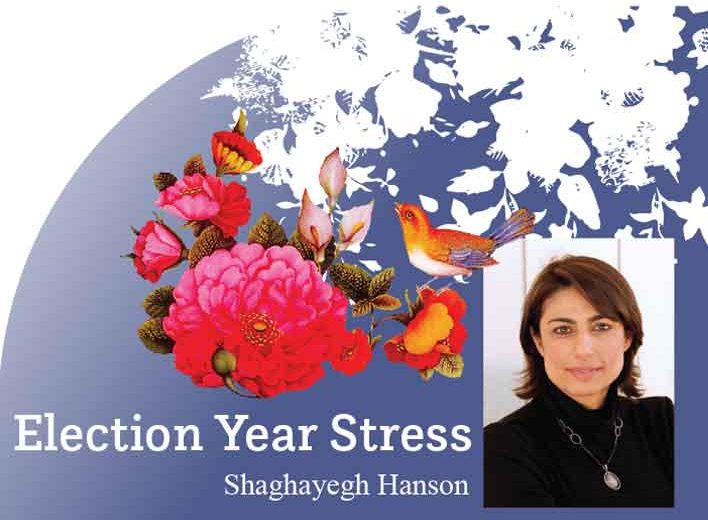
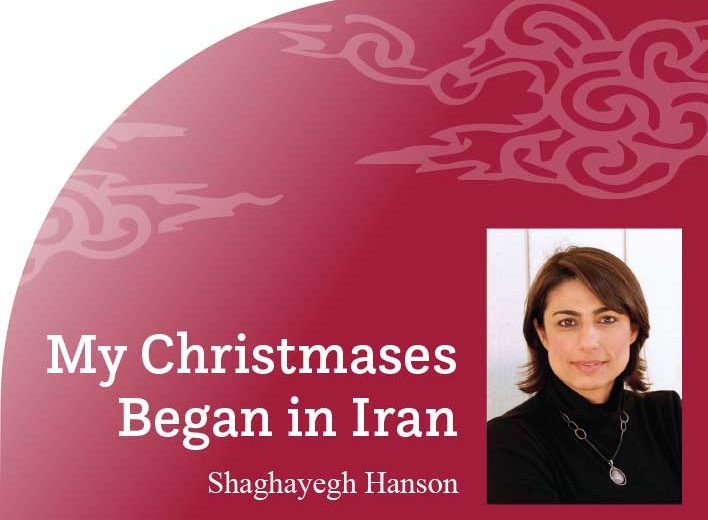
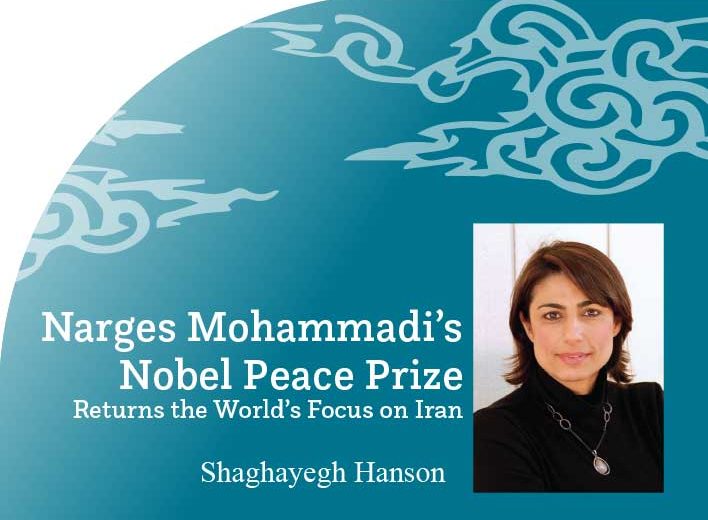
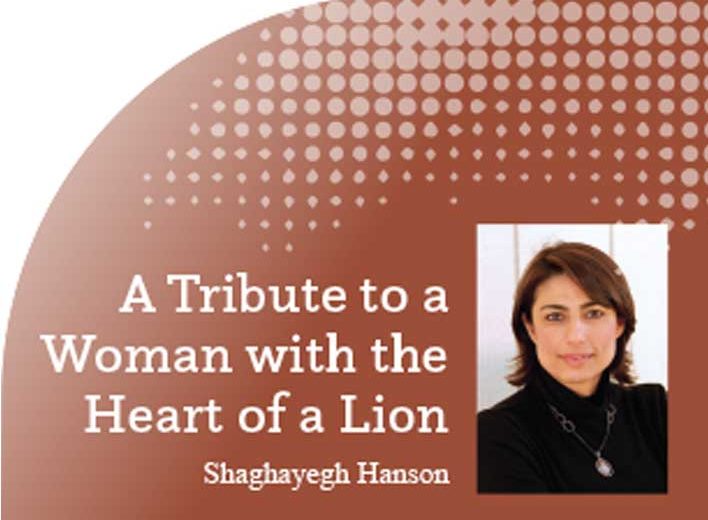
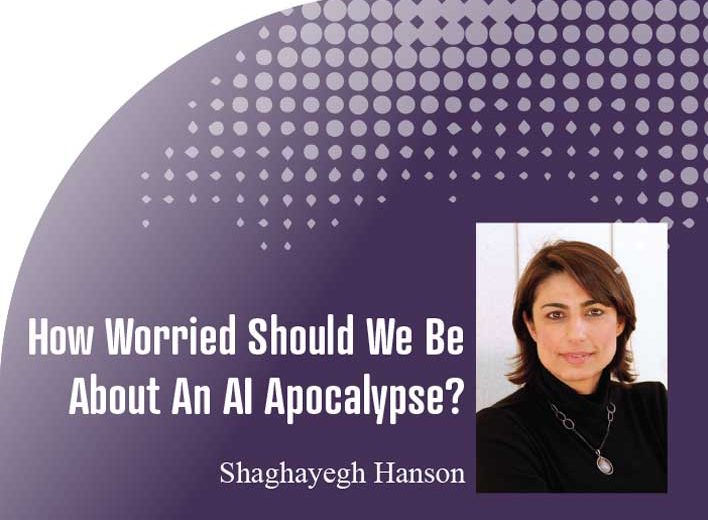
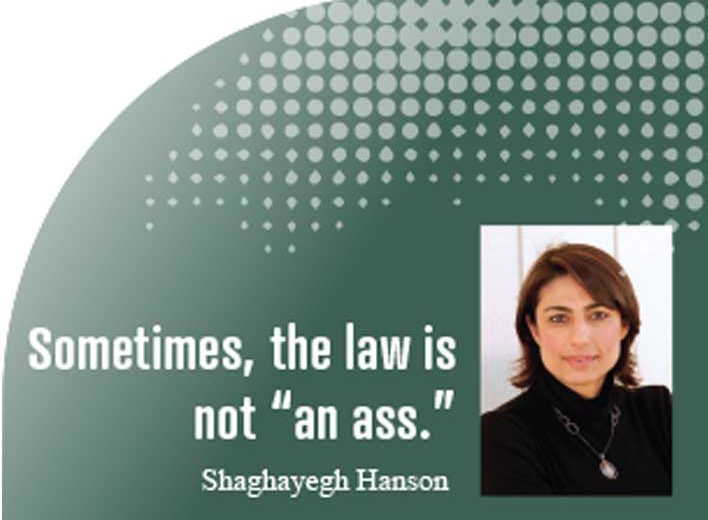







2 Comments
Reza Khabazian March 10, 2021 at 4:27 am
Good Job!
Enjoyed reading it.
Mitra Jam March 10, 2021 at 1:24 pm
Wow, how refreshing I am
Going to use that phrase from now on “ life is like a haftseen table”.
Mitra Jam
Toronto/Canada